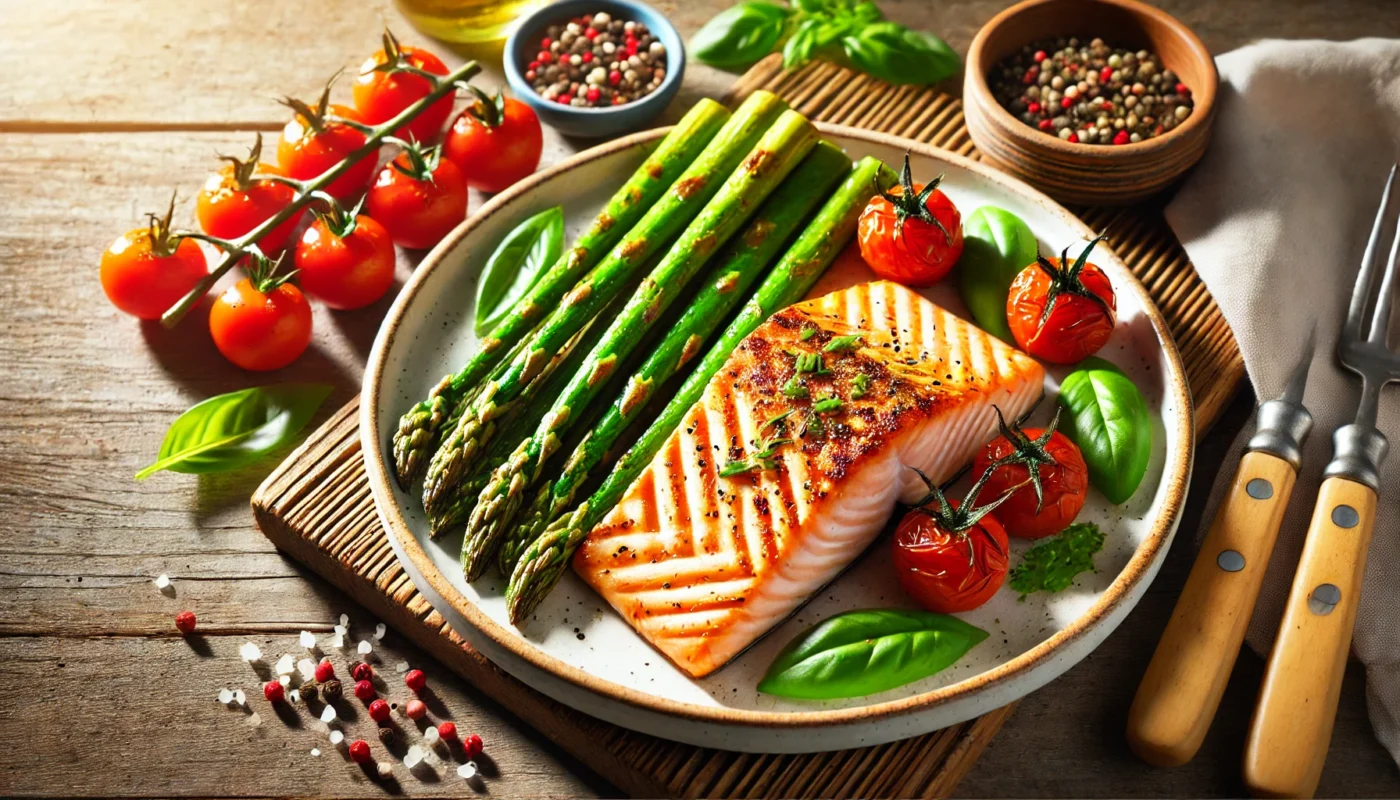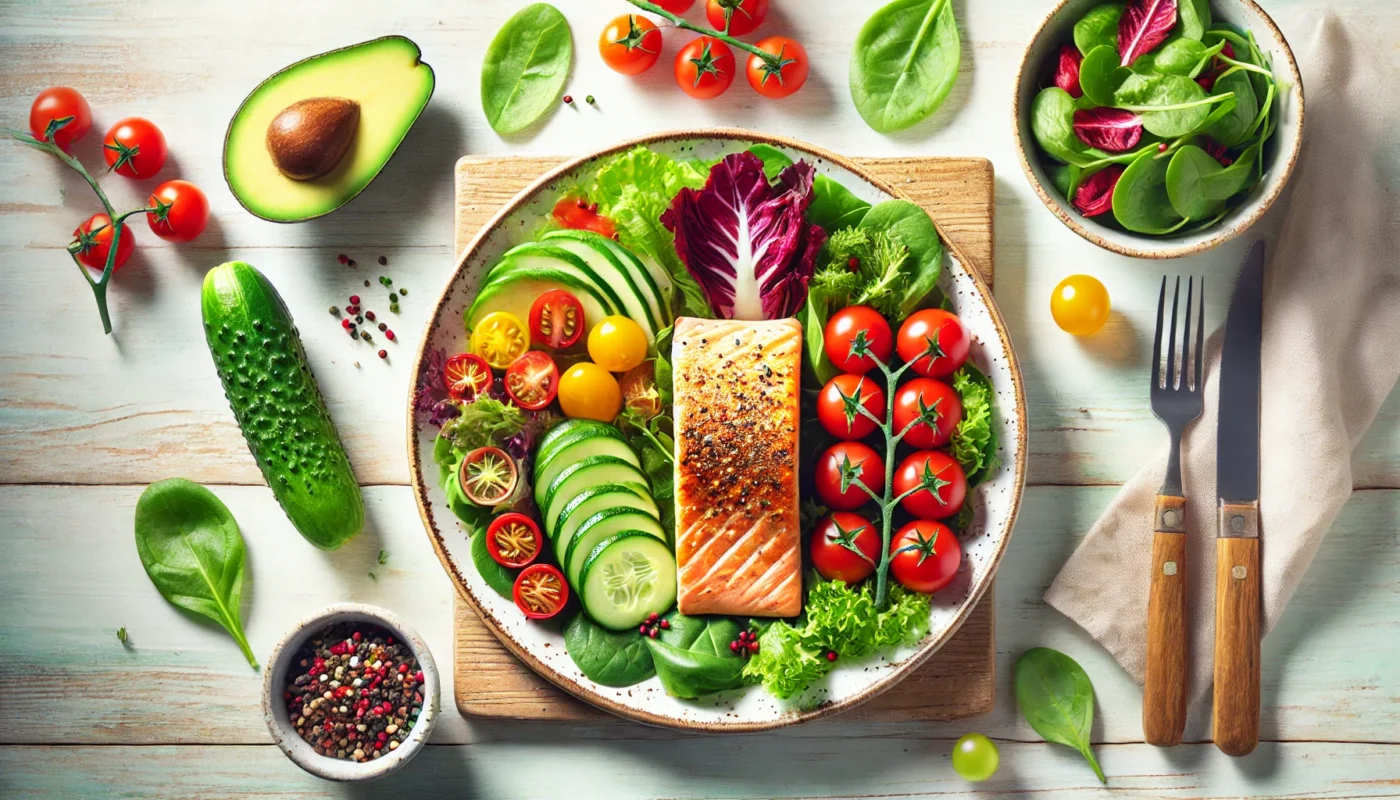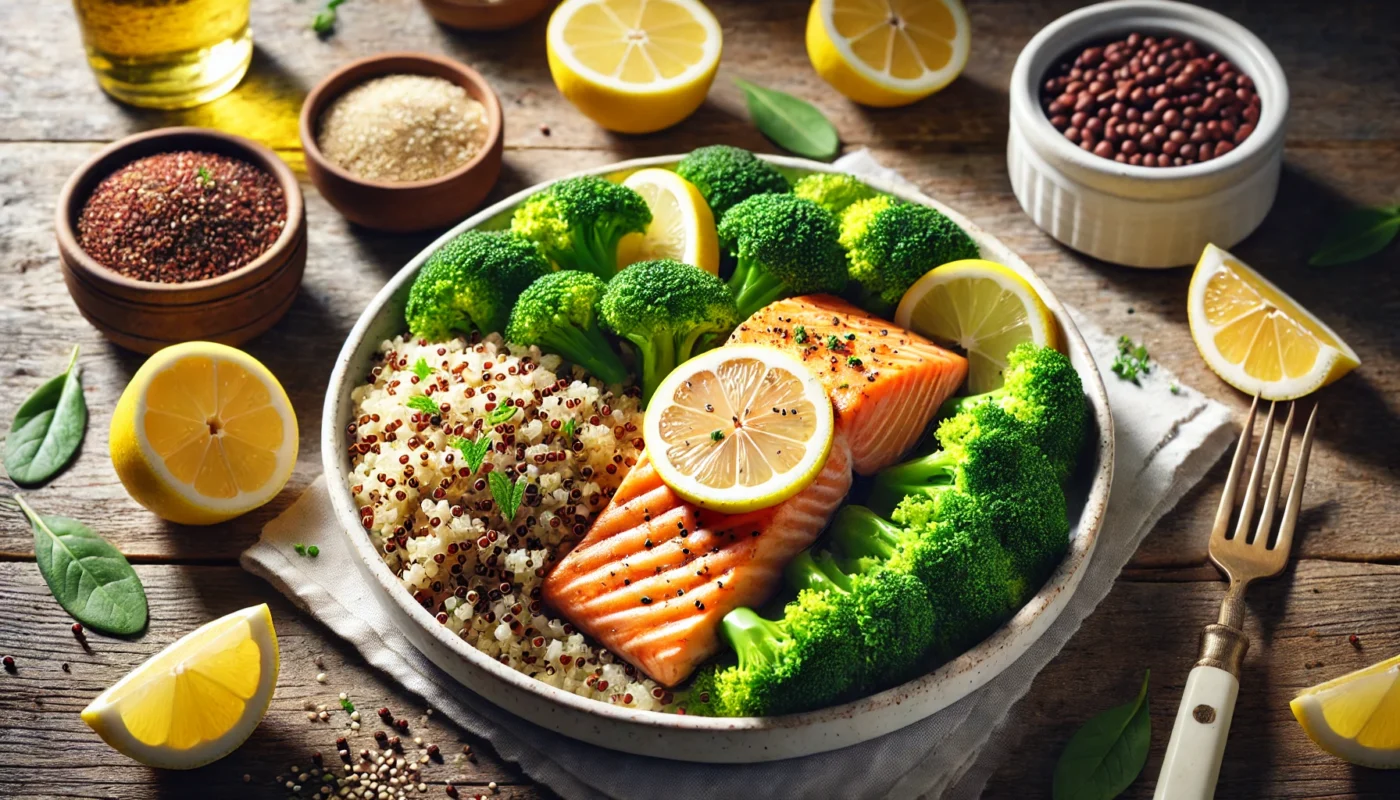Inflammation is a natural response of our bodies. It’s a defense mechanism against injury, infection, or disease. But what happens when this response goes awry?
Chronic inflammation can lead to serious health issues. It’s linked to autoimmune diseases, where the body mistakenly attacks its own cells. This is where the anti-inflammatory elimination diet comes into play.
This diet is a powerful tool. It’s designed to help manage inflammation and autoimmune disorders. It’s not just about what you eat, but also about identifying and eliminating foods that trigger inflammation.
The science behind this diet is fascinating. It’s based on the idea that food can either fuel inflammation or help to tame it. By choosing the right foods, we can potentially control inflammation and improve our health.
But starting an anti-inflammatory elimination diet can be daunting. It requires a personalized approach, careful planning, and a commitment to change. It’s not a one-size-fits-all solution.
This guide aims to demystify the process. It will provide a comprehensive understanding of the diet and its principles. It will also offer practical steps to implement it effectively.
We’ll delve into the science behind food and inflammation. We’ll identify common inflammatory foods and discuss how to eliminate them. We’ll also explore the importance of a personalized approach to the diet.
We’ll guide you through the process of starting the diet. We’ll discuss how to identify food sensitivities and intolerances. We’ll also provide strategies for reintroducing foods and monitoring symptoms.
We’ll share tips for meal planning and preparation. We’ll discuss the role of gut health in reducing inflammation. We’ll also touch on lifestyle factors like sleep, stress, and exercise.
Finally, we’ll address potential challenges and setbacks. We’ll discuss how to sustain the benefits of the diet long-term. And we’ll emphasize the importance of consulting with healthcare professionals before starting the diet.
Ready to embark on this journey towards better health? Let’s dive in and explore the world of the anti-inflammatory elimination diet.










